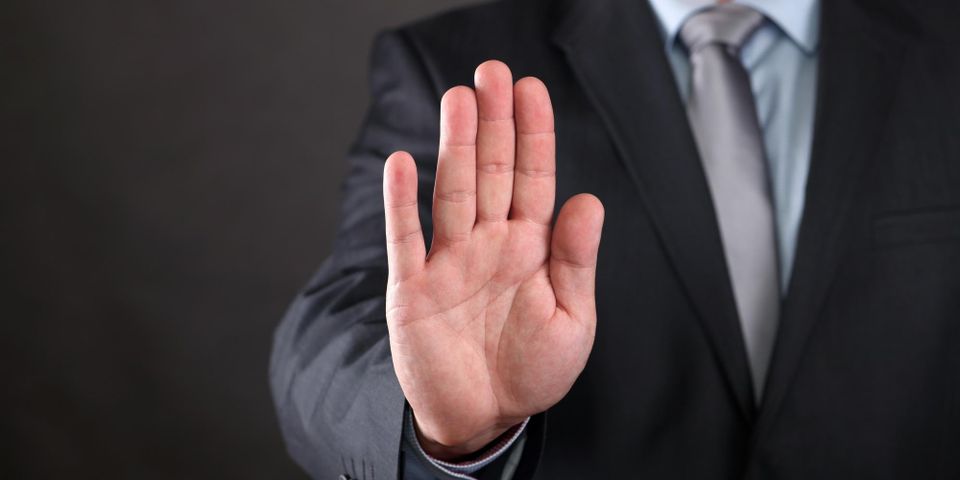
A personal injury lawyer works to get their client compensation for the costs associated with an injury and subsequent recovery. While most lawyers are ready to advocate for clients with viable injury claims, some situations are less feasible; in these cases, an attorney is more likely to turn the client down. Below are a few reasons an injury lawyer might decline a case.
3 Reasons a Personal Injury Lawyer May Decline a Case
1. Liability
Establishing clear liability is essential to the success of any personal injury claim. When the relationship between the defendant’s actions and the injury is less clear, it can be harder to win compensation and get the client the results they're looking for. For example, if you slip and fall on someone's sidewalk that hadn’t been shoveled, it's not a clear-cut case of premises liability. You need to have sufficient evidence that the property owner knew about the danger of the sidewalk and chose to do nothing about it. Without compelling proof of liability, an injury claim will go nowhere, and your attorney will likely not want you to squander your time, energy, and resources.
2. Statute of Limitations
 A personal injury lawyer will often decline a case in which the statute of limitations has passed. Every state has its own statute of limitations for injury cases; in Connecticut, you have two years from the date of injury to file a legal claim. Only in rare exceptions will an injury claim be legally admissible after the two-year mark has passed. One exception would be a defendant who leaves the state after the injury was incurred; the state wouldn't consider the length of their absence as part of the two-year total. But the sooner a case is filed, the fresher the details will be in the minds of the people involved. If it has been too long the lawyer may not be able to gather enough evidence for the case to be worthwhile.
A personal injury lawyer will often decline a case in which the statute of limitations has passed. Every state has its own statute of limitations for injury cases; in Connecticut, you have two years from the date of injury to file a legal claim. Only in rare exceptions will an injury claim be legally admissible after the two-year mark has passed. One exception would be a defendant who leaves the state after the injury was incurred; the state wouldn't consider the length of their absence as part of the two-year total. But the sooner a case is filed, the fresher the details will be in the minds of the people involved. If it has been too long the lawyer may not be able to gather enough evidence for the case to be worthwhile.
3. Type of Injury
An injury has to be severe enough to warrant a legal claim. Minor damages and wounded pride are usually not enough to justify the energy and expense of a legal case. The costs of gathering evidence, interviewing the relevant parties, and negotiating settlements will far outweigh the amount of compensation won for a minor injury — if any compensation can be won at all.
To see if you have a viable personal injury case, contact Weingast Law. For over 35 years, Attorney Jeremy N. Weingast has been serving clients throughout the Hartford County, CT, region. In addition to injury cases, he represents clients in criminal defense, family law, and estate planning cases. To schedule a consultation, call (860) 233-1440 or visit his website today.
About the Business
Have a question? Ask the experts!
Send your question

